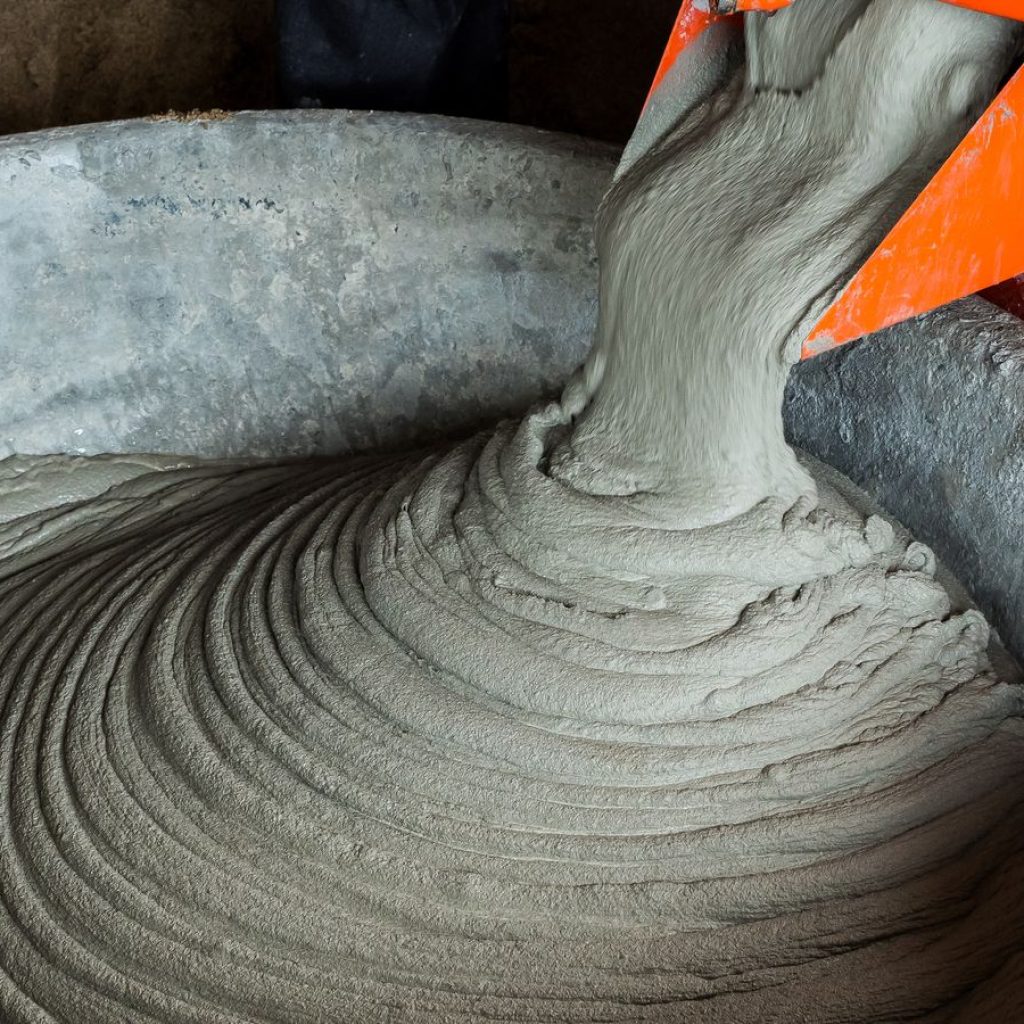Cement producers are looking to invest over Rs 1.5 trillion in the next round of capacity additions as they bet on robust demand, driven primarily by the rapid infrastructure build-up and heightened construction activity, according to media reports. The estimated investment is about 1.4 times bigger than the Rs 1.13 trillion committed in new capacities, brownfield expansions, debottlenecking and maintenance of existing plants over the past five fiscals through 2024.
At the end of FY24, India had close to 630 million tonne (MT) of cement capacity. That is expected to go up by a third (210-220 MT) in the next five to six years. In FY24, around 43 MT of capacity was added, the highest in the past 12 years. Of this, about 17 MT was commissioned in the last quarter.
While Aditya Birla Group-promoted Ultratech is targeting an addition of 200 MT in the next few years, the Adani Group, which owns ACC and Ambuja Cements, is planning to add 140 MT by 2028. Other manufacturers such as Shree Cement, Dalmia Bharat and JK Lakshmi Cement, too, are topping up capacity.
Sehul Bhatt, director-research at Crisil Market Intelligence and Analytics, said about two-thirds of the fresh capacity of 220 MT would be created by large producers. “The growth will be driven by a raft of infrastructure investments and healthy momentum in the housing segment,” Bhatt said.
UltraTech Cement CFO Atul Daga observed recently that the company’s capacity utilisation in the January-March quarter had hit 98%. Nonetheless, he said, there would be sufficient capacity available this year to grow and keep growing. “As we expand, 15-17 MT would be commissioned this year and by the end of FY27, we would have about 199.6 MT of capacity, including in the UAE,” Daga asserted.
Vinod Bahety, CFO, Adani Cements, has said the company will be exiting FY25 with a capacity of nearly 86 MT. “In FY26, we should achieve 100 MT while in FY27 we would be at 120 MT and finally at 140 MT in FY28,” Bahety told analysts recently. Adani Cements is the holding company that houses the cement assets of ACC and Gujarat Ambuja. Earlier this month, Ambuja Cement signed an agreement to acquire Penna Cement Industries for `10,422 crore, adding 14 MTPA of capacity to Adani Cement, taking its total capacity to 89 MTPA.
Dharmender Tuteja, CFO at Dalmia Bharat, informed analysts the company is expecting to incur around Rs 3,500-4,000 crore on capex in the current year. The funds, Tuteja said, would be used for expansion of projects in the North-East, the Rohtas plant in Bihar and for maintenance. “This would be in addition to the outflow for Jaypee assets, which is expected to be around `3,500 crore for 5.2 MT cement capacity of Rewa, Churk, Chunar, and Sadwa, and 2.2 MT for Jaypee-SAIL assets,” he confirmed.
The commitments follow expectations that demand will grow at a healthy pace. According to an estimate by Crisil Research, demand will clock in at an annualised rate of 6.6-7.5% through FY29.
This is a far more robust pace than seen in recent years. After stagnating for about a decade between FY13 and FY22, cement volumes grew at an average of a shade below 4%, demand is now expected to be stronger. The demand for cement has picked up in the last couple of years, largely on the back of housing construction activity; housing accounts for approximately 60-65% of cement demand in India while infrastructure accounts for 23-24%. The rural housing sector is a big consumer of cement.
Crisil’s Bhatt pointed out that a clutch of projects, including the Bharatmala Pariyojna, Sagar Mala, Pradhan Mantri Awaas Yojana-Gramin, Atmanirbhar Bharat Abhiyan, Product Linked Incentive Scheme, Swachh Bharat Mission and UDAN for airports and metros, would be among the big drivers of demand over the medium term.
Source: financialexpress.com





